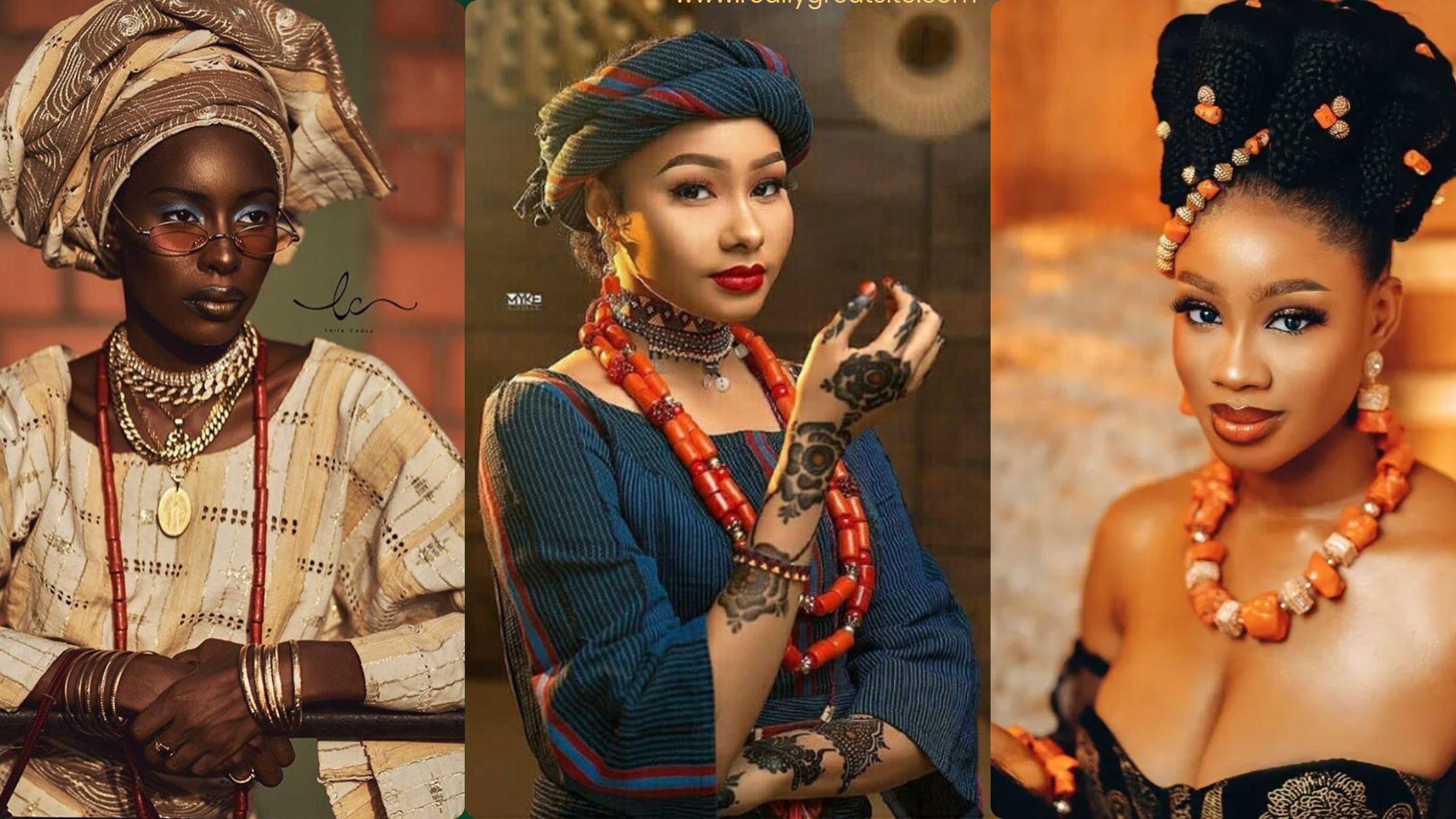Top Lists
The Top 5 Oldest Tribes in Nigeria

Nigeria is a country with a rich and diverse history, and its many tribes are a testament to this. The 5 oldest tribes in Nigeria have all been around for centuries, and they have each played an important role in shaping the country’s culture and identity.
From the Hausa-Fulani people in the North, known for their rich Islamic heritage, to the Yoruba tribe in the Southwest, celebrated for their vibrant arts and spirituality, these tribes have not only shaped Nigeria’s past but continue to play pivotal roles in the nation’s present and future.
That said, let’s discuss the intriguing world of Nigeria’s cultural heritage by shining a spotlight on “the oldest tribes in Nigeria.
The Top 5 Oldest Tribes in Nigeria
Here are the top 5 oldest tribes in Nigeria:
1. Ijaw People
The Ijaw people are the oldest tribe in Nigeria, with evidence of their settlement in the Niger Delta region dating back to 800 BCE. They are a matrilineal society, and their culture is rich in tradition and mythology. The Ijaw are known for their skills in fishing and boatbuilding, and they have a long history of trading with other cultures.
Additionally, they have a long history of resisting colonial rule and advocating for their rights in the face of economic and environmental challenges posed by the oil industry, which has had a profound impact on their way of life.
The Ijaw people are known for their intricate and colourful masquerades, traditional music, and storytelling, which often revolve around the legends and myths of their ancestors.
2. Hausa
The Hausa-Fulani tribe is one of Nigeria’s oldest and most populous ethnic groups, with a history dating back over a thousand years. Originating from the ancient Sahelian city-states, they have a rich Islamic heritage, evident in their language, dress, and architecture.
Importantly, the Hausa-Fulani people have played a significant role in shaping Northern Nigeria’s culture and politics, and they continue to wield influence throughout the nation. The Hausa are known for their hospitality, their love of music and dance, and their beautiful handicrafts.
Their hospitality is legendary, and they are always willing to welcome guests into their homes. Their music and dance are often characterized by their use of drums and other traditional instruments. Their handicrafts are known for their intricate designs and beautiful colours.
3. Yoruba
The Yoruba tribe, located in the southwestern region of Nigeria, boasts a history that stretches back well over a millennium. Renowned for their vibrant art, music, and religion, the Yoruba people have contributed immensely to Nigeria’s cultural landscape. Their kingdoms, such as the Oyo Empire, were some of the most powerful in pre-colonial West Africa.
The Yoruba people are the third oldest tribe in Nigeria, with their origins dating back to at least 1000 BCE. They are the largest ethnic group in Nigeria, and their culture is one of the most diverse and vibrant in the country. Their art is known for its intricate carving and sculpture, and their music is often characterized by its complex rhythms and melodies.
4. Igbo:
The Igbo people, primarily residing in southeastern Nigeria, have a rich and ancient heritage that predates recorded history. Known for their complex societal systems, intricate art forms, and deep-rooted spiritual beliefs, the Igbo have maintained a distinct cultural identity through centuries of change and adversity.
They are the third-largest ethnic group in Nigeria and are a matrilineal society, which means that property and inheritance are passed down through the female line. The Igbo are known for their entrepreneurial spirit, and they are often involved in trade and business. They are also known for their strong sense of community and their vibrant culture.
5. Kanuri:
Originating from the ancient Kanem-Bornu Empire in northeastern Nigeria, the Kanuri people have a history dating back over a thousand years. They are renowned for their skilled horsemanship, traditional leadership structures, and the Kanuri language, which is still widely spoken today.
The Kanuri people are the fifth oldest tribe in Nigeria, with their origins dating back to at least 1200 CE. They are a Muslim people who live in the northeastern part of Nigeria. The Kanuri are known for their skilled pottery, their beautiful textiles, and their rich oral tradition.
Conclusion
These tribes have all played an important role in shaping Nigeria’s culture and identity. The Ijaw people are the oldest tribe in Nigeria, and they are known for their skills in fishing and boatbuilding.
The Yoruba people are the largest ethnic group in Nigeria, and they are known for their art, music, and dance. The Hausa people are the third largest ethnic group in Nigeria, and they are known for their hospitality and their love of music and dance. The Fulani people are nomadic people who are spread across West Africa, and they are known for their cattle herding and their distinctive dress.
The Kanuri people are Muslim people who live in the northeastern part of Nigeria, and they are known for their skilled pottery and their beautiful textiles. The Igbo people are the third largest ethnic group in Nigeria, and they are known for their entrepreneurial spirit and their strong sense of community.
